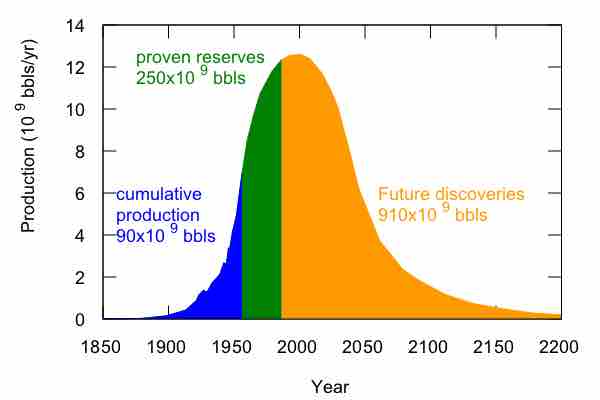Throughout history, economists have typically assumed a positive relationship between economic growth (increased productivity) and the well-being of a society. It seems logical to assume that a stronger economy would create a higher standard of living. However, there is some debate surrounding the validity of this assumption. Is economic growth the appropriate objective?
Why is Growth Good?
Economic growth is the increase in the market value of the goods and services produced by an economy over time. Simply, more economic growth means that people are able to buy more of the things they like. Presumably, this translates into higher overall utility.
On a societal level, increases in GDP growth and overall productivity generates high prospective tax revenues, both on business profits and consumer purchases. Higher tax revenues will allow governments more financial flexibility to invest in social services such as education, welfare, transportation, etc.
Drawbacks to Economic Growth
There are, however, some downsides to economic growth, which are summarized in the idea of uneconomic growth. The concept of uneconomic growth postulates that the costs of economic growth - primarily environmental and social costs - may outweigh the benefits. There are a few specific observations of this that are worth noting:
- Jevon's Paradox:Interestingly, increases in efficiency which drive increased economic growth often result in higher consumption. For example, when an economic system creates higher efficiency for generating electricity it will often increase the amount of electricity consumer in spite of that increased efficiency. This creates a culture of consumerism which is often wasteful.
- Malthusian Trap: Named after a political economist named Thomas Robert Malthus, the Malthusian trap simply states that increases in efficiency tend to result in population growth rather than wealth growth. Increased productivity within a system is only useful if it translates to an increase in per capita wealth.
- Imbalanced Distribution:Another issue is income distribution. This is what was meant by the adage that the rich get richer while the poor get poorer. It is quite common to see the rich absorb the vast majority of the value generated through increased productivity, creating a larger relative gap between the rich and the poor. In this circumstance there is limited utilitarian value to economic growth.
- Environmental Degradation: The final criticism is often the most discussed, particularly in light of the overwhelming evidence of global warming and the destructive nature of excessive consumption. It is also reasonable to consider the finite nature of natural resources (see ). Scientific modeling by environmental scientists often demonstrate significant long-term risks for the well-being of the ecosystem, posing a very real threat to the overall value in continued economic growth. Is it worth having more to consume if there is no ecosystem in which to enjoy it?
The important takeaway from this is to think carefully about the value created by economic growth. It is imperative that increased productivity can be created in a context in which the value can be captured in a positive and meaningful way.

Petroleum Consumption Over Time
This figure demonstrates the risk of over-consuming our natural resources, ultimately resulting in scarcity of necessary goods. A continued drive for economic growth could lead to overconsumption of natural resources.